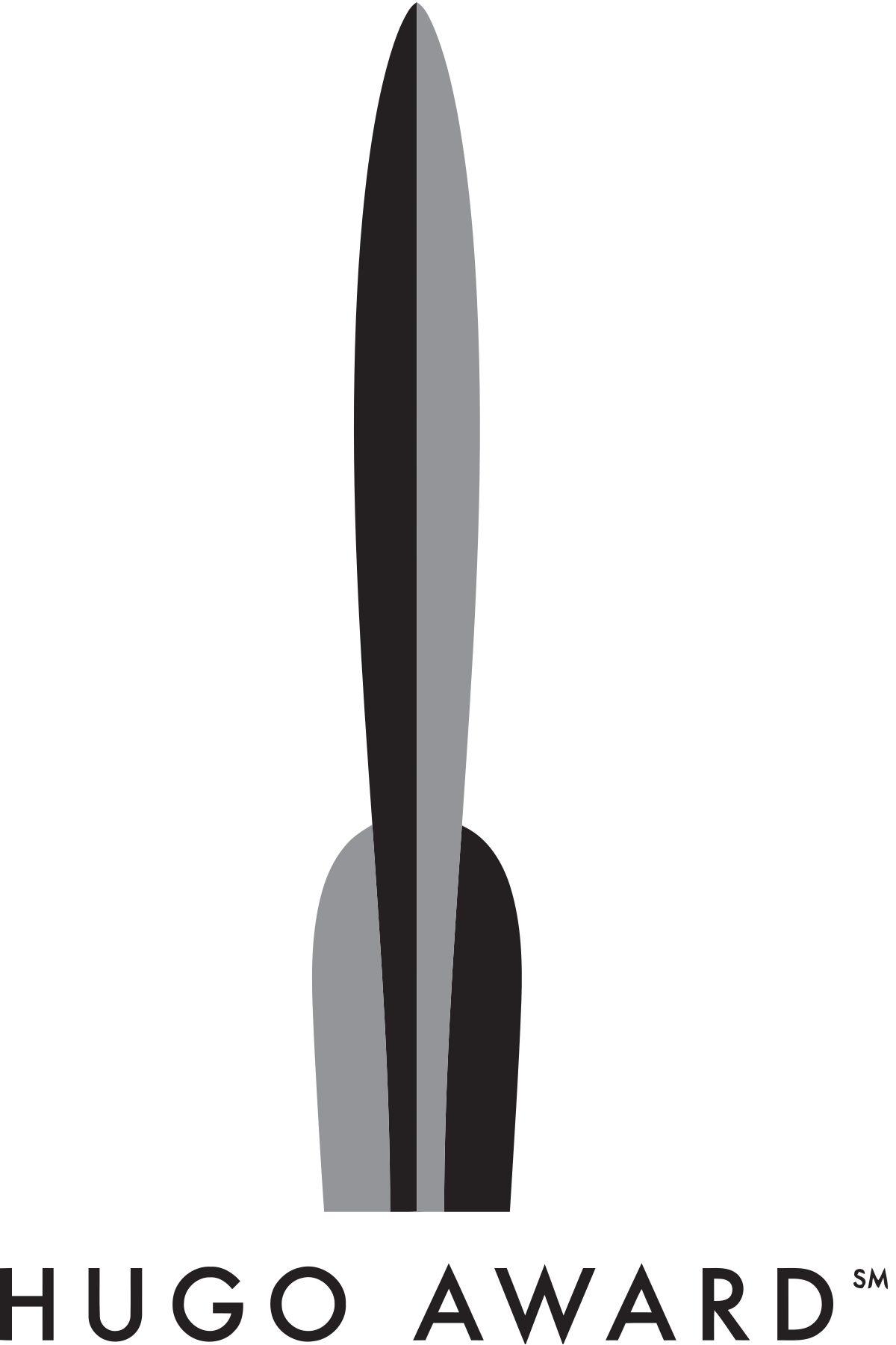overgeeked
Open-World Sandbox
Well, most of them are novellas. Mine are 152-172 pages. Network Effect is a novel, at 350 pages, and apparently the newest one is too. Can I read them in a short evening? Yes. Is it a really, really good evening? Also yes. Is it worth the cost of a McDonald's meal and a shake? IMO, yes.
YMMV. Pages/dollar isn't a totally crazy metric, but I buy a lot of used books in good condition so I can occasionally splurge and buy more Murderbot.
What’s weird to me is that the novella and short story haven’t taken off with ebooks and audio books. Seems to me the format, especially ebooks, are perfectly suited for shorter fiction.I haven't noticed a lot of novellas, but the ones I've seen are by established but not necessarily famous authors - Martha Wells & Tade Thompson are the two that come to mind. Not everyone wants an 800-page doorstop, so novellas attract a few new eyes; probably draw new readers in, and boost authors that can back it up once the new readers get intrigued. I already knew about Martha Wells, but I started reading Tade Thompson by way of The Murders of Molly Southbourne, a novella.
Anything over 40,000 words is a novel according to the Hugo Awards. Novellas are 17,500-40,000 words.

Hugo Award - Wikipedia
Some examples are: The Lion, The Witch, and The Wardrobe ~38,500 words. A Game of Thrones ~300,000 words. The Hobbit ~95,000 words. Carrie ~61,500. Do Androids Dream of Electric Sheep 79,360. Fahrenheit 451 ~46,200. Time Machine ~32,200. Animal Farm ~29,200. Old Man and the Sea 26,601. Dune ~187,300.
Dune is a long novel at ~187,300 words but the paperback sells for $10-15 new. Round that up to 200,000 and divide by the price, you get 13,333-20,000 words per $1. A short story is up to 7,500 words so selling one for 50¢ doesn’t seem off. Asimov’s Science Fiction Magazine buys shorts for 8-10¢ per word. Selling a 7,500 word short to them would net you $600-750. That’s 1200-1500 direct sales, if you’re making the full amount. Double the number of sales if you’re selling through Amazon or another sales site that takes ~50% off the top.







